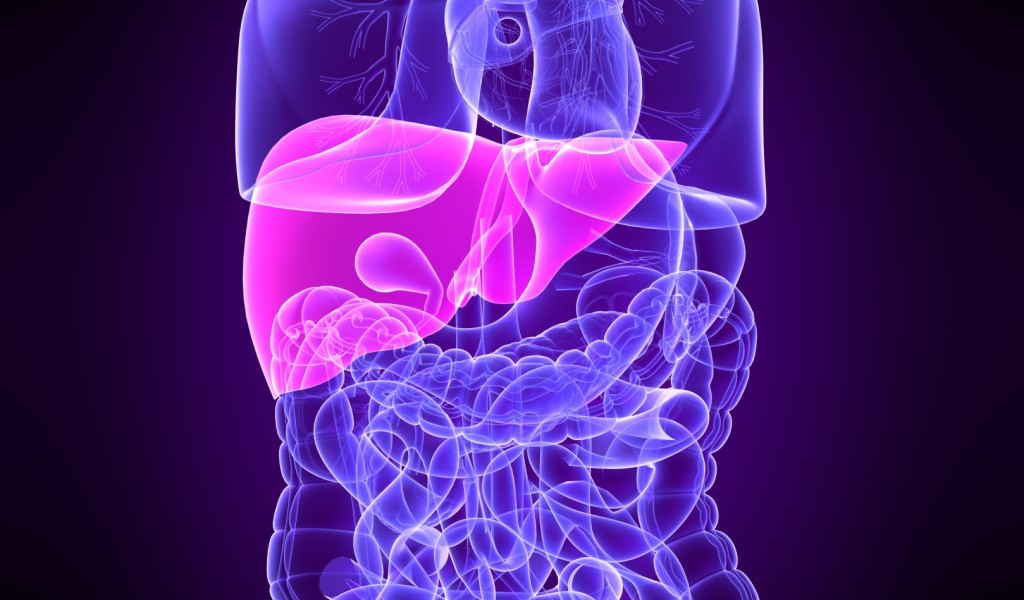Liver Functions

Liver Functions
The liver is a critical organ that is responsible for a variety of essential tasks and functions within the body; it has been associated with performing more than 500 functions.
The liver is responsible for:
- Filtering toxins from the blood.
- Creating bile, a substance that aids in fat digestion and excretion. Bile assists in sugar storage, helping the body to transport and conserve energy.
- Producing important proteins, such as those that support the proper clotting of blood and those that regulate fluid transport in the blood and kidneys.
- Metabolizing alcohol, drugs, and medications. Very few toxins exit the body without prior liver metabolization.
- Acting as a vitamin and mineral reserve. The liver stores fat-soluble vitamins A, B12, D, E, and K and the minerals iron and copper until other cells in the body need them.
- Helping break down and recycle red blood cells.
- Converting excess glucose, a simple sugar in the blood, into glycogen for storage. Glycogen can be reconverted into glucose and then used for energy.
- Regulating amino acids in blood that form the building blocks of proteins.
- Creating certain proteins in blood plasma.
- Creating certain cholesterols and special proteins to assist in transporting fats throughout the body.
- Fighting infection by producing immune response and ridding the blood stream of harmful bacteria.
- Activating enzymes.
If the liver becomes inflamed, its ability to perform vital functions may become impaired. Liver disease and infections are caused by a variety of conditions, including viral and bacterial sources, genetics, and physical changes in the body.
- About
- Directory
- Support
- Contact
Copyright © 2026 · All Rights Reserved · LiverDirectory.com
America’s Most Comprehensive Liver Health Network
Connecting Patients with Doctors, Support Groups, and Pharmacies Nationwide